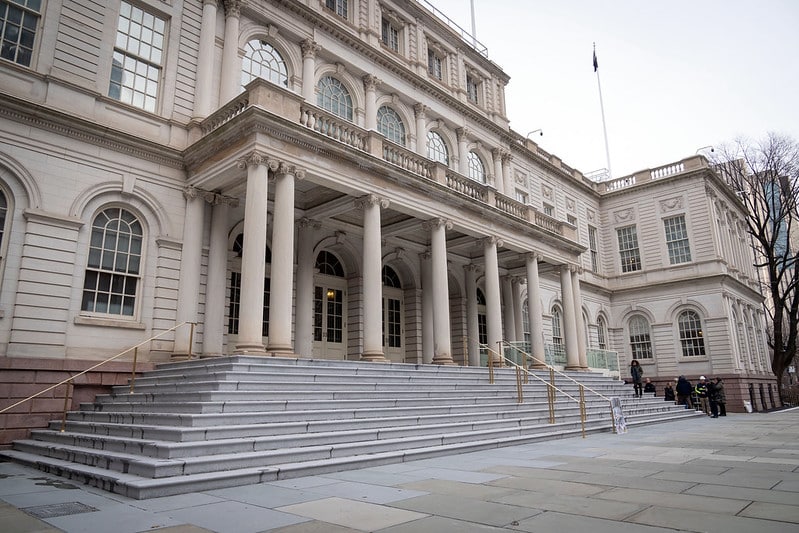This week, in rather quiet fashion, one of the most important bills to come before the City Council in New York’s broad history became law – though its impact on the city remains undecided.
The law authorizes a ballot referendum asking New York City voters to approve expanded City Council “advice and consent” powers over certain mayoral appointments. The City Council overwhelmingly approved the legislation in June which paves the way for it to hold hearings and confirm mayoral appointments for nearly two dozen commissioners if voters approve the referendum.
Such oversight has never happened before in New York City’s long history. Except for a handful of offices, the City Council has no advice and consent power over mayoral appointments – a long-standing flaw in the system.
The advice and consent legislation irked Mayor Eric Adams, but when the bill came to his desk for his signature, he declined to veto it. The mayor said he wanted to avoid another showdown with the City Council – one he would have likely lost anyway given that the bill had a veto-proof majority, and any veto would have been easily overridden.
The mayor’s Charter Review Commission, however, could also upend the ballot referendum in the end – though that may lead to other problems and showdowns as well.
The best advice we can offer the mayor, at this point, is to let the voters of New York decide whether it wants the City Council to have greater power to approve mayoral appointments.
On paper, the advice and consent legislation creates an important check on mayoral power, and another layer of review to ensure that the best possible candidates are installed to run the most important agencies in the city.
On the other hand, one can argue that advice and consent adds another layer of red tape to city government, and revokes the mayor’s privilege of choosing the people they want to operate city agencies in their image and design.
The pros and cons of advice and consent are many, and valid, and worthy of public debate. Neither the mayor nor the City Council alone should have the power to approve or deny this critical change to city government policy.
With the referendum now set to make the ballots, let the debate begin, and let New Yorkers decide what’s in their best interest.
Read More: https://www.amny.com/editorial/





































